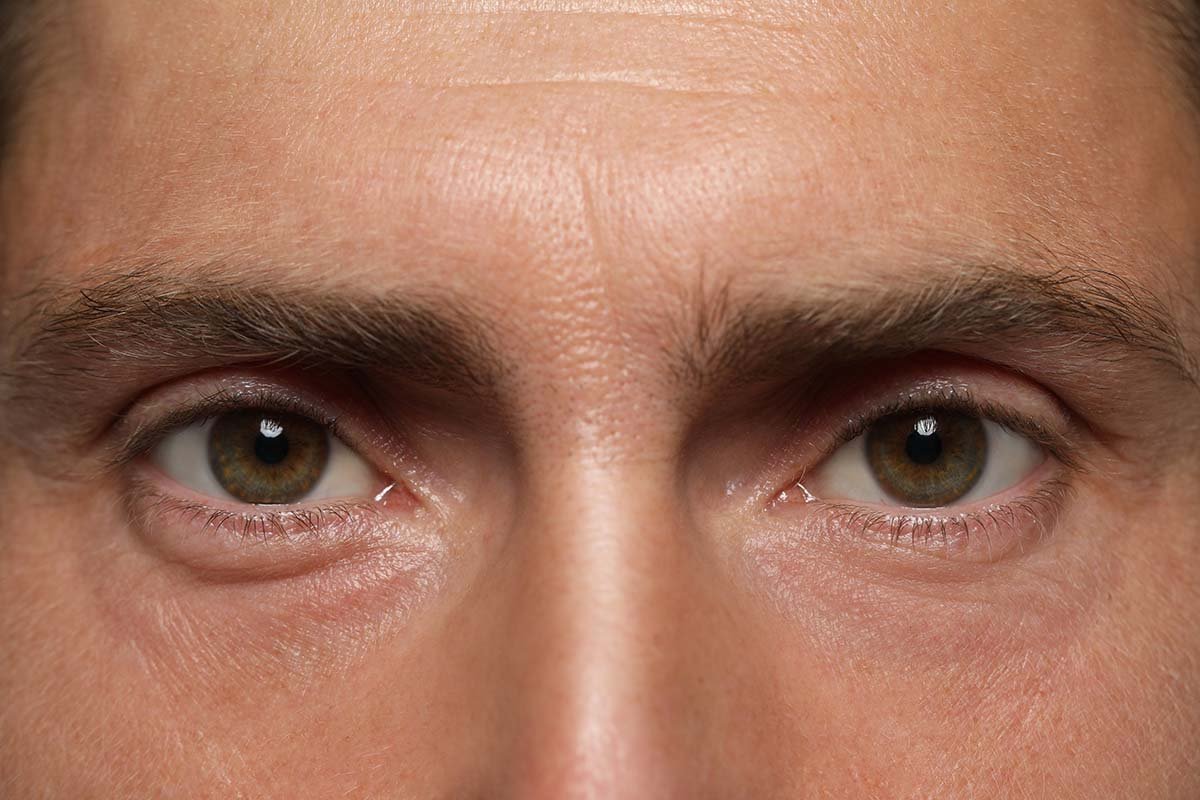Acne is a common skin condition that affects millions of individuals worldwide, particularly adolescents and young adults. While there are numerous treatment options available, Doxycycline Monohydrate 100 mg Tablet has emerged as a popular oral antibiotic for acne management. This article delves into how doxycycline works, its effectiveness in clearing acne, potential side effects, and alternative treatments.
Understanding Acne
Acne occurs when hair follicles become clogged with oil and dead skin cells, leading to the formation of pimples, blackheads, and cysts. Factors contributing to acne include hormonal changes, genetics, diet, and stress. It can significantly impact an individual’s self-esteem and quality of life, making effective treatment essential.
What is Doxycycline?
Doxycycline is a tetracycline antibiotic that works by inhibiting the growth of bacteria. It is commonly prescribed for various bacterial infections, including respiratory infections, urinary tract infections, and skin infections. In dermatology, doxycycline is often used to treat moderate to severe acne due to its anti-inflammatory properties.
How Doxycycline Works for Acne
- Antimicrobial Action: Doxycycline targets Propionibacterium acnes, the bacteria responsible for acne. By reducing the bacterial load on the skin, doxycycline helps to decrease inflammation and prevent new acne lesions from forming.
- Anti-Inflammatory Effects: In addition to its antibacterial properties, doxycycline also possesses anti-inflammatory effects. This helps to reduce redness, swelling, and discomfort associated with acne.
- Skin Oil Regulation: Some studies suggest that doxycycline may help regulate oil production in the skin, further contributing to its effectiveness in treating acne.
Effectiveness of Doxycycline for Acne
Numerous clinical studies have demonstrated the efficacy of doxycycline in treating acne. A typical treatment course lasts several weeks to months, with most patients seeing significant improvement within 6 to 12 weeks. The effectiveness may vary depending on the individual’s acne severity and response to treatment. Here are a few key points regarding its effectiveness:
- Moderate to Severe Acne: Doxycycline is primarily effective for moderate to severe acne. It is often used when topical treatments have failed or when a patient presents with significant inflammatory lesions.
- Long-Term Results: While doxycycline can effectively clear existing acne, it is essential to combine it with a comprehensive skincare regimen for long-lasting results. Once treatment is discontinued, some individuals may experience a recurrence of acne, necessitating additional therapy.
- Combination Therapy: Dermatologists often recommend using doxycycline in conjunction with topical treatments like retinoids or benzoyl peroxide for optimal results.
Side Effects of Doxycycline
While doxycycline is generally well-tolerated, it can cause side effects in some individuals. Common side effects include:
- Gastrointestinal Issues: Nausea, vomiting, diarrhea, and abdominal pain are common gastrointestinal side effects. Taking doxycycline with food may help mitigate these effects.
- Photosensitivity: Doxycycline can make the skin more sensitive to sunlight, increasing the risk of sunburn. Patients are advised to use sunscreen and wear protective clothing while outdoors.
- Allergic Reactions: Some individuals may experience allergic reactions, such as rashes or swelling. If severe reactions occur, medical attention should be sought immediately.
- Discoloration of Teeth: Long-term use of doxycycline, particularly in children under the age of 8, can lead to discoloration of teeth and impaired bone development.
Who Should Avoid Doxycycline?
Doxycycline may not be suitable for everyone. Individuals who should avoid doxycycline include:
- Pregnant and Nursing Women: Doxycycline can affect fetal development and may be excreted in breast milk, potentially harming nursing infants.
- Children Under 8: As mentioned, doxycycline can cause permanent discoloration of teeth in young children.
- Those with Allergies: Individuals allergic to tetracycline antibiotics should avoid doxycycline.
Alternatives to Doxycycline
If doxycycline is not suitable or effective, several alternative treatments for acne are available:
- Topical Treatments: Over-the-counter options like benzoyl peroxide, salicylic acid, and retinoids can be effective for mild to moderate acne.
- Other Oral Antibiotics: Medications such as minocycline or erythromycin may be prescribed if doxycycline is ineffective or not tolerated.
- Hormonal Treatments: In women, hormonal therapies such as birth control pills may help regulate hormones that contribute to acne.
- Isotretinoin: For severe or cystic acne, isotretinoin is a powerful option that targets multiple causes of acne. However, it comes with significant side effects and requires careful monitoring.
Lifestyle and Skincare Tips for Managing Acne
In addition to medication, incorporating healthy lifestyle habits and a proper skincare routine can help manage acne effectively:
- Regular Cleansing: Gently cleanse the skin twice a day to remove excess oil and dirt without over-drying.
- Moisturizing: Use non-comedogenic moisturizers to maintain skin hydration without clogging pores.
- Healthy Diet: A balanced diet rich in fruits, vegetables, and whole grains can support overall skin health. Reducing sugar and dairy intake may also help some individuals.
- Stay Hydrated: Drinking plenty of water can help keep the skin hydrated and support overall health.
- Avoid Picking: Refrain from picking or squeezing acne lesions, as this can lead to scarring and worsen inflammation.
- Stress Management: High-stress levels can trigger acne flare-ups. Practicing stress-reduction techniques such as yoga, meditation, or exercise may be beneficial.
Doxycycline can be an effective treatment for moderate to severe acne, particularly when used in combination with other therapies. However, it is essential to discuss treatment options with a healthcare provider to ensure the best approach for individual needs. Remember that while medications can help clear acne, adopting a comprehensive skincare routine and healthy lifestyle can lead to long-term improvement in skin health. If you experience persistent or severe acne, consult a dermatologist to determine the most suitable treatment plan for your situation.



